Cambridge is one of the world’s leading publishers of research in classical studies, with a list that covers all aspects of enquiry into the ancient world. Our books are at the forefront of the discipline and have been recognised for their broad-ranging, thought-provoking scholarship. Our publishing spans the full range of classical enquiry and pedagogy: critical editions of ancient texts, commentaries, literary and historical analysis, classical archaeology, theoretical perspectives, reception studies, course texts, companions and source books.
Classical Studies Journals, more results, from A to Z
Explore Classical Studies journals
Explore Classical Studies books
December Monographs
New titles
Classical Studies series
-
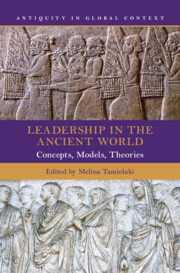
Antiquity in Global Context
- Series
-
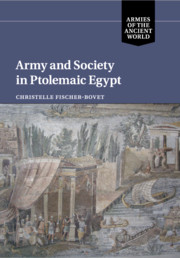
Armies of the Ancient World
- Series
-

Cambridge Classical Classics
- Series
-

Cambridge Classical Studies
- Series
Classical Studies - Journals blog

-
From Mycenaean Frescoes to Hellenistic Sculpture: Women’s Research in the Early Years of the ABSA
- 06 January 2026,
- The first volume of the Annual of the British School at Athens was published in 1895, almost a decade after the foundation of the School in 1886.…

-
The Statues from the Antikythera Shipwreck, 125 Years Later
- 08 October 2025,
- In the mid-1st century BCE, a freighter laden with Greek art was sailing westward in the Mediterranean when it crashed and rapidly foundered, taking some of...

-
A fragment of Aristotle’s lost Eudemus in Tertullian’s De Anima
- 07 October 2025,
- Aristotle is certainly one of the most foundational, influential, and therefore heavily commented on and thoroughly studied figures in the history of philosophy.…...
Classical Studies - Books blog
-
A Concise History of Ireland
- 04 February 2026,
- A girl of around 11 or 12 is reading out a letter to her attentive elders. Why did I pick James Brenan’s ‘News From America’ to illustrate a history of Ireland The post A Concise History of Ireland first appeared on Fifteen Eighty Four | Cambridge University Press....
-
How Did Medieval Peasants Cook and Eat, and Why Does It Matter?
- 04 February 2026,
- General audiences are accustomed to imagining medieval culinary practices through those of the elites — in shows, films, and novels, where little attention The post How Did Medieval Peasants Cook and Eat, and Why Does It Matter? first appeared on Fifteen Eighty Four | Cambridge University Press....
-
A landmark reference in economic history
- 04 February 2026,
- The field of South Asian economic history has changed dramatically since the publication of The Cambridge Economic History of India, Vol. 2 (CEHI 2, 1983). The post A landmark reference in economic history first appeared on Fifteen Eighty Four | Cambridge University Press....
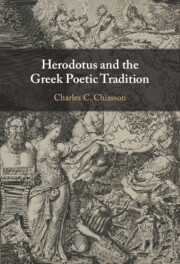
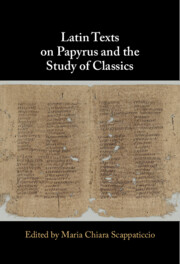

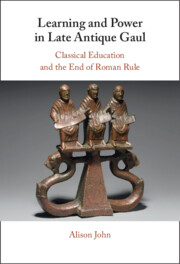



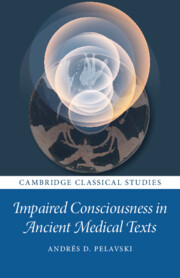

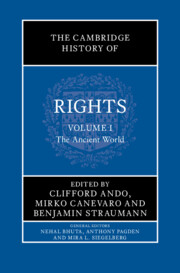






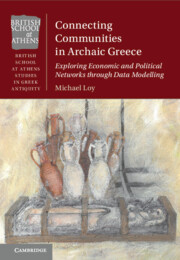
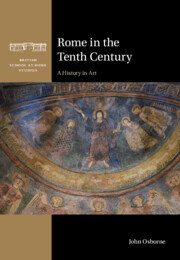
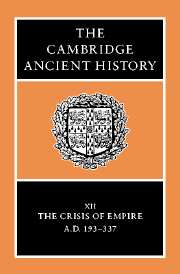
Twitter
Cambridge on Facebook